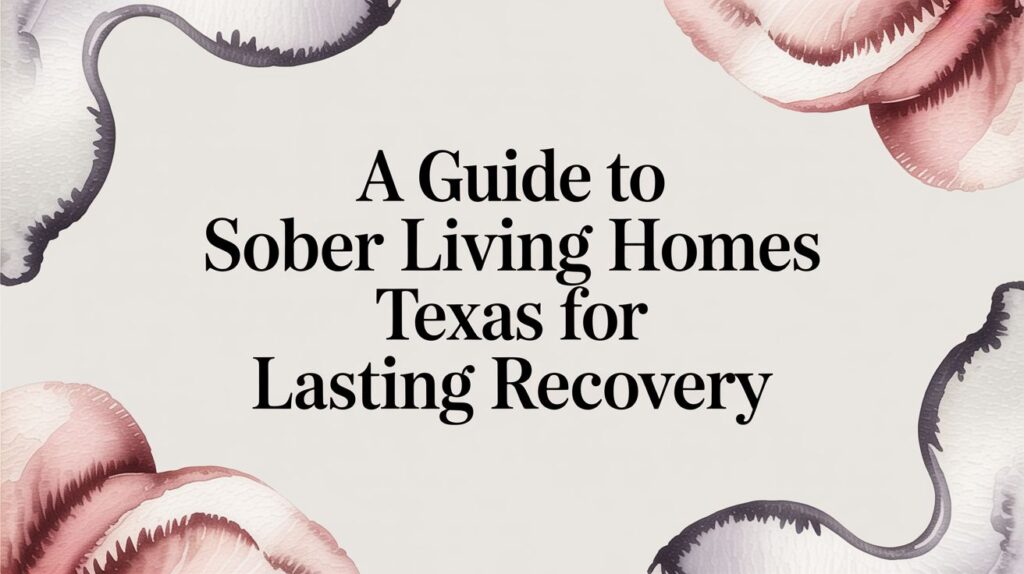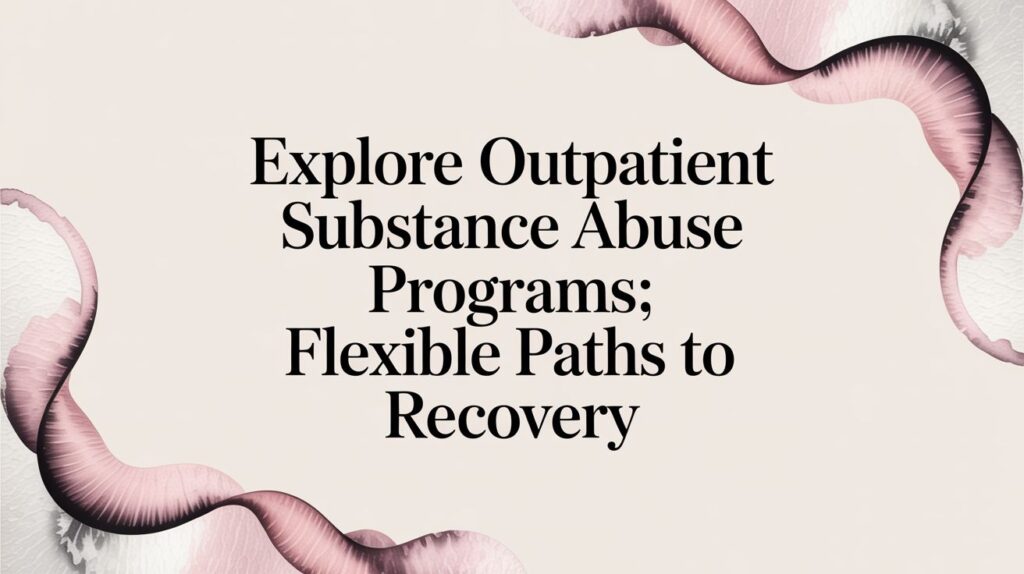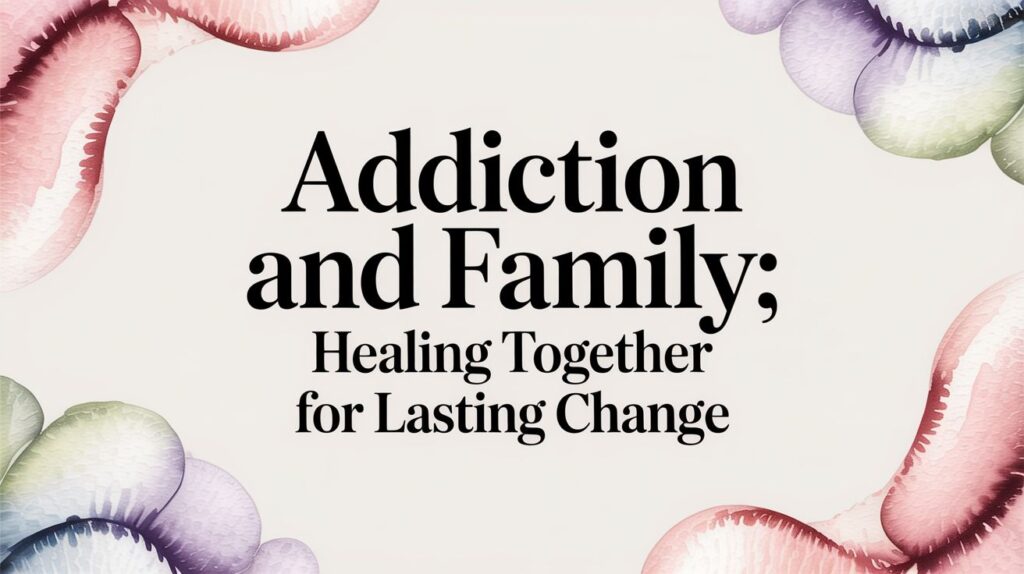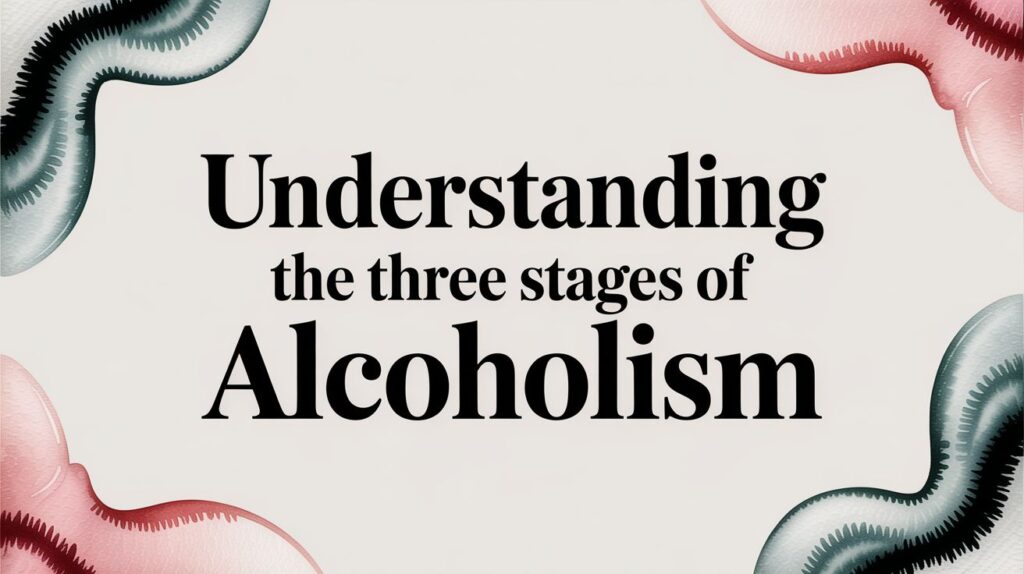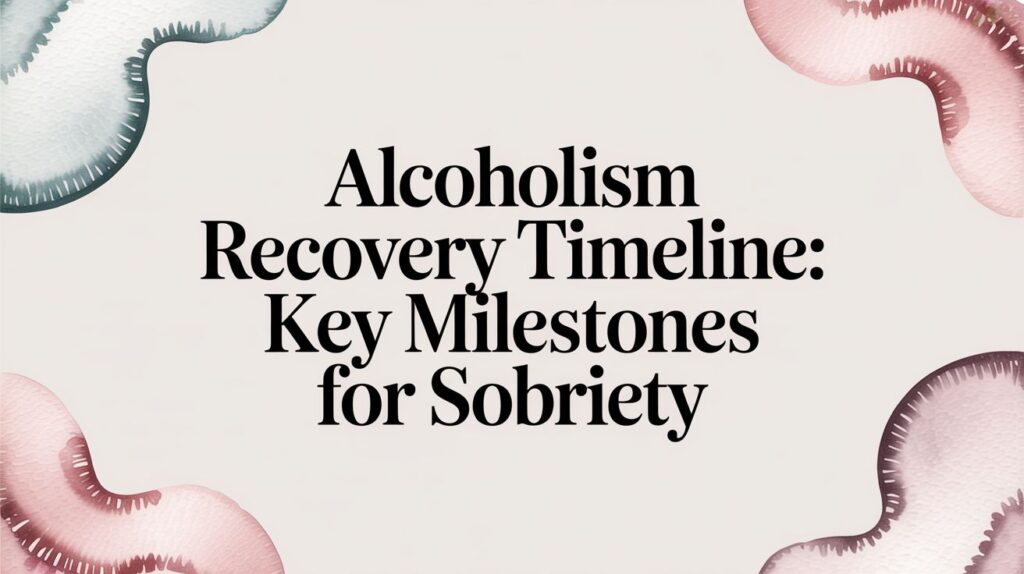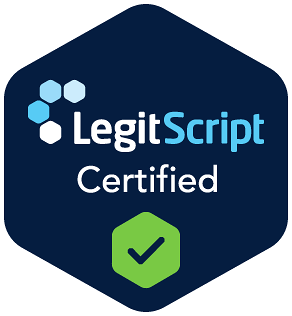Group therapy is a cornerstone of lasting recovery, offering a unique space for shared understanding, accountability, and collective strength. Yet, even the most dedicated groups can find their discussions falling into a repetitive loop, rehashing the same stories without uncovering new insights. To foster genuine connection and breakthrough moments, it's crucial to explore a diverse range of addiction recovery topics groups can use to challenge, inspire, and heal. This guide moves beyond surface-level conversations to present a curated list of dynamic and effective group session frameworks.
Each framework is designed to open new pathways for discussion, providing facilitators and participants with fresh perspectives and actionable strategies for building a resilient, sober life. The goal is to transform routine meetings into powerful catalysts for change. To deepen engagement and foster more meaningful discussions in these settings, exploring effective therapeutic communication techniques can be highly beneficial for facilitators and members alike. Whether you're leading a session or seeking to enrich your own journey, these themes offer a practical roadmap for more impactful group experiences, helping everyone move forward with renewed purpose and clarity. We will explore a variety of approaches, from traditional 12-Step programs to specialized trauma-informed and dual diagnosis groups.
12-Step Addiction Recovery Programs Explained
The 12-Step model is arguably the most recognized framework for addiction recovery groups worldwide. Originally established by Alcoholics Anonymous (AA), this peer-led support system is built on a set of guiding spiritual principles that outline a course of action for overcoming addiction. The core philosophy centers on acknowledging a lack of control over the substance or behavior, seeking help from a higher power as personally understood, and engaging in rigorous self-examination and amends.
This approach is highly structured, providing a clear pathway for members to follow. The communal and non-judgmental environment of meetings allows individuals to share their experiences, strengths, and hopes, which helps reduce the shame and isolation often associated with addiction.
Why It Works for Recovery Groups
The 12-Step model provides a ready-made, effective structure for addiction recovery topics groups. Its longevity and widespread adoption are testaments to its effectiveness in fostering long-term sobriety. Key benefits include:
- Peer Support: The fellowship aspect is central. Members connect with others who have similar experiences, creating a powerful support network.
- Sponsorship: Experienced members (sponsors) guide newer members through the steps, offering personalized support and accountability.
- Accessibility: Meetings are free, anonymous, and widely available globally, with options like Alcoholics Anonymous (AA), Narcotics Anonymous (NA), and Cocaine Anonymous (CA).
The following infographic highlights the core accessibility and foundational principles of the 12-Step model.
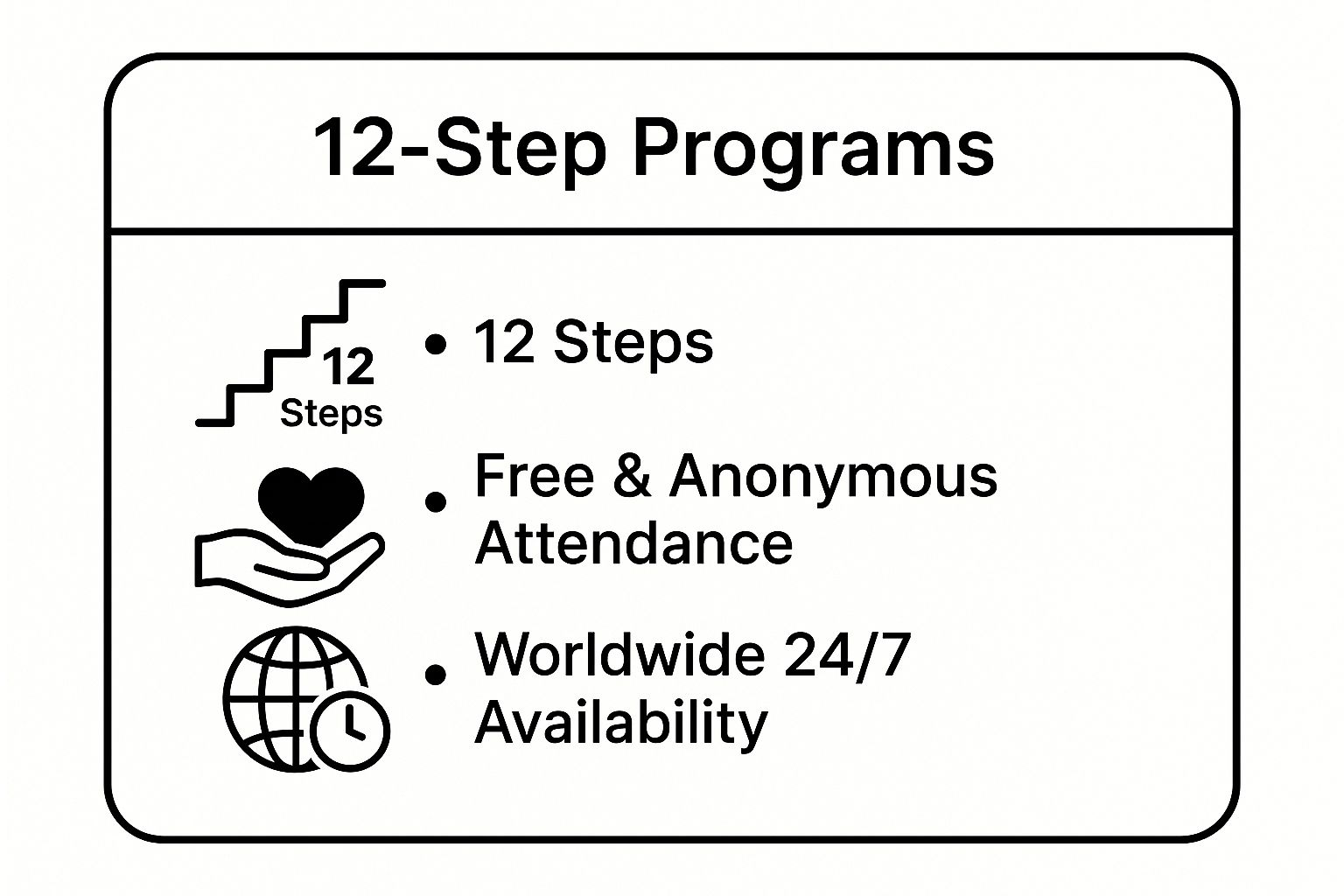
This visual summary underscores the program's practical design, combining a structured recovery path with unparalleled global access, making it a reliable option for anyone, anywhere. By providing a consistent and free support system, 12-Step programs remove common barriers to seeking help.
2. SMART Recovery
SMART Recovery (Self-Management and Recovery Training) offers a secular, science-based alternative to traditional addiction recovery models. It is grounded in cognitive-behavioral therapy (CBT) and motivational interviewing, empowering individuals with practical tools to manage their thoughts, feelings, and behaviors. The program’s core philosophy is self-empowerment, teaching participants that they have the internal resources to overcome addiction and lead fulfilling lives.
This approach is highly structured yet flexible, focusing on a 4-Point Program: (1) Building and Maintaining Motivation, (2) Coping with Urges, (3) Managing Thoughts, Feelings, and Behaviors, and (4) Living a Balanced Life. Meetings are interactive discussions where participants apply these tools to real-life challenges, making it an excellent source for dynamic addiction recovery topics groups.
Why It Works for Recovery Groups
SMART Recovery provides a structured, evidence-based framework that appeals to individuals seeking a non-spiritual path to sobriety. Its focus on practical skills and self-reliance makes it a powerful choice for groups aiming to build tangible coping mechanisms. Key benefits include:
- Empowerment: The program emphasizes that individuals are in control of their own recovery journey, fostering a sense of agency and self-confidence.
- Evidence-Based Tools: It uses scientifically validated techniques from CBT and other therapeutic modalities, providing concrete strategies for managing urges and triggers.
- Accessibility: With over 1,500 weekly meetings worldwide and extensive 24/7 online support, including forums and chat meetings, it is highly accessible. Many treatment centers, such as Hazelden Betty Ford, have also integrated its principles.
The following infographic illustrates the 4-Point Program, which forms the foundation of every SMART Recovery meeting and discussion.
This visual guide highlights the program's practical, action-oriented approach. By focusing on these four key areas, SMART Recovery provides a clear, logical, and adaptable roadmap for building a life free from addiction.
3. Trauma-Informed Recovery Groups
Trauma-Informed Recovery Groups are specialized sessions that recognize the profound link between trauma and addiction. This approach is built on the understanding that many individuals with substance use disorders have experienced significant trauma, such as physical, emotional, or sexual abuse. Instead of treating addiction in isolation, these groups create a secure environment where participants can explore the underlying traumatic experiences that often fuel addictive behaviors.
The core philosophy is safety, trustworthiness, and empowerment. Facilitators use principles of trauma-informed care to avoid re-traumatizing participants, ensuring discussions are handled with sensitivity and respect. The focus is on building resilience and developing healthy coping skills for both trauma symptoms and addiction triggers.

This integrated method addresses the root causes of addiction, offering a more holistic path to healing. By creating a space that feels safe and predictable, participants can begin to process difficult memories without feeling overwhelmed, a key step in sustainable recovery. You can learn more about how trauma-informed therapy works and its benefits for addiction treatment.
Why It Works for Recovery Groups
Trauma-informed models are essential for addiction recovery topics groups because they address the "why" behind the addiction, not just the behavior itself. This leads to more profound and lasting recovery outcomes. Key benefits include:
- Creates Safety: The primary goal is to establish a physically and emotionally safe environment, which is crucial for individuals with a history of trauma. Clear ground rules and facilitator training prevent re-traumatization.
- Empowers Participants: This approach shifts the focus from "What's wrong with you?" to "What happened to you?" It empowers individuals by giving them control over their recovery journey and helping them build on their strengths.
- Integrates Care: By addressing trauma and addiction simultaneously, it breaks the cycle where one condition worsens the other. Groups like Seeking Safety, developed by Dr. Lisa Najavits, are designed specifically for co-occurring PTSD and substance use.
The infographic below outlines the foundational principles of trauma-informed care and highlights its effectiveness in creating a safe and healing group environment.
This visual highlights how these principles foster an environment of healing and trust. By prioritizing participant safety and collaboration, trauma-informed groups provide a powerful framework for addressing the complex interplay between trauma and addiction, making it an indispensable option for many in recovery.
4. Mindfulness-Based Recovery Groups
Mindfulness-Based Recovery Groups integrate meditation and present-moment awareness with traditional addiction recovery principles. Rooted in practices like Mindfulness-Based Relapse Prevention (MBRP), developed by Dr. Alan Marlatt, this approach teaches participants to observe their thoughts, feelings, and cravings without judgment or immediate reaction. The core philosophy is to create a space between a trigger and a response, empowering individuals to make conscious choices rather than falling into automatic, habitual behaviors.
This model is highly experiential, focusing on practical techniques such as mindful breathing, body scan meditations, and walking meditation. By fostering a non-judgmental awareness of internal states, these groups help individuals build emotional regulation skills and reduce the power of cravings, making it a valuable addition to discussions on addiction recovery topics groups.

Why It Works for Recovery Groups
The mindfulness-based model offers a powerful, secular framework for recovery that focuses on internal psychological skills. It directly addresses the cognitive and emotional mechanics of relapse by training the mind to respond differently to stress and triggers. Key benefits include:
- Trigger Management: Participants learn to sit with discomfort and cravings, observing them as temporary sensations rather than urgent commands.
- Emotional Regulation: Mindfulness builds the capacity to manage difficult emotions like anger, anxiety, and sadness, which are common relapse triggers.
- Accessibility: This approach is adaptable and can be secular or spiritual, appealing to a wide range of individuals. Popular communities include Recovery Dharma and Refuge Recovery.
This visual represents the calm and focused environment cultivated in mindfulness-based groups. By emphasizing internal awareness over external dogma, this approach empowers individuals with tangible mental tools to navigate the challenges of sobriety and build lasting resilience.
5. Gender-Specific Recovery Groups
Gender-specific recovery groups create specialized environments by acknowledging that men and women often experience addiction and recovery differently. These groups address unique social pressures, biological factors, and emotional landscapes tied to gender. The core philosophy is that providing a safe, single-gender space encourages more open and honest discussion about sensitive issues that might be difficult to share in a mixed-gender setting.
This approach allows for a more tailored and relevant conversation. For example, women's groups frequently focus on topics like trauma, motherhood, and societal expectations, while men's groups may explore themes of emotional vulnerability, societal roles of masculinity, and anger management. This targeted support helps individuals feel more understood and less isolated in their specific struggles.
Why It Works for Recovery Groups
Gender-specific models are effective for addiction recovery topics groups because they foster a deep sense of psychological safety and relatability. By removing the complexities of mixed-gender dynamics, members can delve into core issues without reservation. Key benefits include:
- Increased Vulnerability: Members often feel more comfortable sharing experiences related to trauma, sexuality, and body image with peers of the same gender.
- Targeted Content: Discussions can be tailored to address gender-specific triggers and societal pressures, such as childcare responsibilities for women or the expectation for men to be stoic.
- Stronger Peer Bonds: A shared gender identity can create an immediate sense of camaraderie and understanding, strengthening the support network.
By facilitating a more focused and secure environment, these groups empower members to address the root causes of their addiction with greater honesty. This approach acknowledges that a one-size-fits-all model doesn't always work, providing a crucial alternative for those who thrive in a more specific, relatable community.
6. Family and Relationship Recovery Groups
Addiction is often called a "family disease" because its effects ripple outward, impacting spouses, children, parents, and friends. Family and Relationship Recovery Groups are designed to address this collateral damage, providing a dedicated space for loved ones to heal and learn. These groups focus on topics like codependency, enabling, boundary setting, and rebuilding trust, helping family members understand their own recovery process alongside the person with the addiction.
This approach recognizes that family dynamics can either support or hinder sobriety. By educating loved ones and providing them with peer support, these groups empower them to break dysfunctional patterns. Programs like Al-Anon and Nar-Anon offer structured, supportive environments where members can share their experiences without shame and learn healthier ways of relating to the person struggling with addiction and to themselves.
Why It Works for Recovery Groups
Family-focused meetings are a vital component of a holistic recovery plan, as a healthy support system is a powerful predictor of long-term success. They serve as excellent addiction recovery topics groups because they address the root of relational strain. Key benefits include:
- Healing the System: Instead of focusing solely on the individual with the addiction, this approach treats the family as a whole system that needs to recover.
- Reducing Enabling: Members learn to identify and stop enabling behaviors, replacing them with healthy support that encourages accountability.
- Building Healthy Communication: These groups teach effective communication skills, which are essential for navigating the complexities of recovery and relationships.
- Shared Experience: Connecting with others who understand the unique pain and challenges of loving someone with an addiction reduces isolation and fosters resilience.
By providing a space for loved ones to work on their own healing, these groups create a stronger, more informed support network. This not only aids the family members themselves but also significantly improves the environment for the person in recovery, making sustained sobriety a more attainable goal for everyone involved.
7. Peer Support Recovery Groups
Peer Support Recovery Groups are structured on the principle of mutual aid, led entirely by individuals with lived experience in addiction and recovery. Unlike clinically-led groups, the facilitators, often Certified Peer Recovery Specialists, use their personal journeys to foster hope, empathy, and connection. The core philosophy is one of mutuality and empowerment, where shared understanding creates a powerful environment for healing and growth.
This model moves away from a hierarchical structure, placing all participants on equal footing. Everyone is considered both a giver and receiver of support, which helps build strong, resilient recovery communities. The focus is on practical, real-world recovery skills, strengths, and solutions, championed by pioneers like Sherry Mead and William White who advocated for the value of lived experience in the recovery process.
Why It Works for Recovery Groups
Peer-led models are highly effective for addiction recovery topics groups because they are built on a foundation of authentic connection and trust. Members feel understood by facilitators who have walked a similar path, which reduces stigma and encourages vulnerability. Key benefits include:
- Relatability and Hope: Seeing recovery in action through a peer leader provides tangible proof that long-term sobriety is achievable.
- Empowerment: The model empowers individuals by valuing their personal experiences as a source of wisdom and strength for others.
- Practical Guidance: Discussions often center on navigating real-life challenges, from employment to social situations, offering actionable advice from those who have successfully managed them.
- Community Building: These groups, such as those organized by Faces & Voices of Recovery or Young People in Recovery (YPR), excel at creating lasting support networks.
A crucial skill cultivated in these groups is the ability to maintain healthy relationships. For a deeper understanding, learn more about setting boundaries in recovery, a vital topic often explored in peer support settings. To ensure effectiveness, it's important that peer specialists are properly certified and that clear boundaries are maintained to distinguish between supportive relationships and personal friendships.
8. Dual Diagnosis Recovery Groups
Dual Diagnosis Recovery Groups are specialized to support individuals who face the complex challenge of co-occurring disorders, which involves having both a substance use disorder and a mental health condition simultaneously. Conditions like depression, anxiety, PTSD, or bipolar disorder are often deeply intertwined with addiction, creating a cycle where one condition exacerbates the other. These groups integrate mental health treatment principles with addiction recovery strategies, providing a comprehensive approach that addresses both issues concurrently.
This integrated model is crucial because treating only the addiction or only the mental health issue often leads to relapse. The environment is typically facilitated by professionals trained in both fields, ensuring that discussions are safe, clinically informed, and directed toward holistic healing. Members learn how their mental health affects their substance use and vice versa, gaining a deeper understanding of their personal triggers and coping mechanisms.
Why It Works for Recovery Groups
The integrated nature of dual diagnosis groups makes them exceptionally effective for a significant portion of the recovery population. By refusing to treat addiction in a vacuum, these groups acknowledge the underlying psychological factors that often fuel substance use. Key benefits include:
- Holistic Treatment: Members receive support that addresses the full spectrum of their challenges, leading to more sustainable recovery outcomes.
- Reduced Stigma: The group setting normalizes the experience of having both a mental health and substance use disorder, reducing shame and encouraging open discussion.
- Specialized Skills: Participants learn coping strategies that are specifically designed for managing co-occurring conditions, such as mindfulness for anxiety or mood regulation techniques for bipolar disorder.
These groups are a cornerstone of modern treatment, with programs at centers like Hazelden Betty Ford and initiatives from the National Alliance on Mental Illness (NAMI) highlighting their importance. For a deeper understanding of how these programs function, you can explore more about dual diagnosis treatment programs on alturarecovery.com. By providing a unified treatment plan, these addiction recovery topics groups give individuals the best possible chance at long-term wellness.
Addiction Recovery Groups Comparison Matrix
| Program Type | Implementation Complexity 🔄 | Resource Requirements ⚡ | Expected Outcomes 📊 | Ideal Use Cases 💡 | Key Advantages ⭐ |
|---|---|---|---|---|---|
| 12-Step Programs | Moderate – peer-led, low clinical input | Low – volunteer-based, free attendance | Variable success, strong peer support | Broad addiction types, accessible support | Widely available, free, lifelong peer network |
| SMART Recovery | Moderate – facilitator-led with structure | Moderate – trained facilitators, materials | Science-backed, empowers self-management | Those seeking secular, evidence-based tools | Evidence-based, secular, cross-addiction focus |
| Trauma-Informed Recovery Groups | High – requires trauma-trained facilitators | High – specialized training needed | Addresses root trauma, safer recovery | Trauma survivors in addiction recovery | Focuses on trauma, improves long-term outcomes |
| Mindfulness-Based Recovery Groups | Moderate – requires skilled instructors | Moderate – trained facilitators, practice time | Reduces stress, improves emotional regulation | Those open to meditation and mindfulness | Stress reduction, emotional insight |
| Gender-Specific Recovery Groups | Moderate – needs gender-specific facilitation | Moderate – trained facilitators | Addresses gender-specific recovery issues | Gender-specific challenges and dynamics | Safe space for sensitive gender issues |
| Family and Relationship Recovery Groups | Moderate – multi-person commitment | Moderate – facilitation, family involvement | Heals relationships, reduces codependency | Families and partners of addicted persons | Improves family support, addresses dynamics |
| Peer Support Recovery Groups | Low to Moderate – peer-led, requires certification | Low to Moderate – peer specialist training | High empathy, hope, reduced stigma | Those valuing shared lived experience | Empathy-driven, cost-effective, community-based |
| Dual Diagnosis Recovery Groups | High – clinical oversight, integrated care | High – specialized professionals, coordination | Better outcomes for co-occurring disorders | Addiction with mental health conditions | Integrated clinical approach, comprehensive care |
Building Your Foundation for Lasting Recovery
Throughout this guide, we've explored a diverse landscape of group sessions designed to foster deep, meaningful progress in sobriety. From the structured accountability of 12-Step programs and SMART Recovery to the compassionate understanding found in trauma-informed and dual diagnosis groups, it's clear that the path to healing is not one-size-fits-all. Each of these specialized addiction recovery topics groups provides a unique lens through which to examine the root causes of substance use and build a resilient future.
The power of these discussions lies in their ability to move beyond surface-level check-ins. By intentionally engaging with topics like mindfulness, gender-specific challenges, and family dynamics, you transform a support group from a simple meeting into a dynamic workshop for personal growth. These conversations equip you with tangible coping mechanisms, deepen your self-awareness, and forge authentic connections with peers who truly understand your journey. This shared exploration is what turns abstract recovery concepts into lived, practical skills.
Key Takeaways for Your Recovery Journey
To truly integrate these insights, it's crucial to take deliberate action. Remember that your participation and willingness to be vulnerable are the catalysts for transformation.
- Embrace Specialization: Don't settle for a generic group if your needs are specific. If trauma is a significant part of your story, seek a trauma-informed setting. If you manage a co-occurring mental health condition, a dual diagnosis group is essential for integrated care.
- Active Participation is Key: True growth happens when you contribute, not just listen. Prepare for meetings by reflecting on the designated topic. Share your experiences, ask thoughtful questions, and offer support to others. This active engagement reinforces your own learning and strengthens the entire group.
- Continuously Re-evaluate: Your recovery needs will evolve. The group that serves you well in early sobriety may not be the best fit a year later. Periodically assess your progress and be open to exploring new types of groups as you grow stronger and face different life challenges.
Mastering the art of meaningful group discussion is not just about staying sober; it's about building a rich, fulfilling life free from the constraints of addiction. These groups provide a safe, structured environment to practice new behaviors, challenge old beliefs, and rediscover your authentic self. The insights gained become the foundation upon which you build lasting relationships, renewed purpose, and unshakable self-worth.
Your journey is a testament to your strength, and every group session is another step forward. Continue to seek out conversations that challenge, support, and inspire you. By investing in these powerful addiction recovery topics groups, you are investing in a future defined not by your past, but by your incredible capacity for growth and healing.
Ready to find a program that integrates these vital conversations into a comprehensive treatment plan? At Altura Recovery, we specialize in creating a supportive, trauma-informed environment where our dual diagnosis programs and specialized group therapies provide the tools you need for real, lasting healing. Visit Altura Recovery to learn how our expert-led groups can support your journey to freedom.


